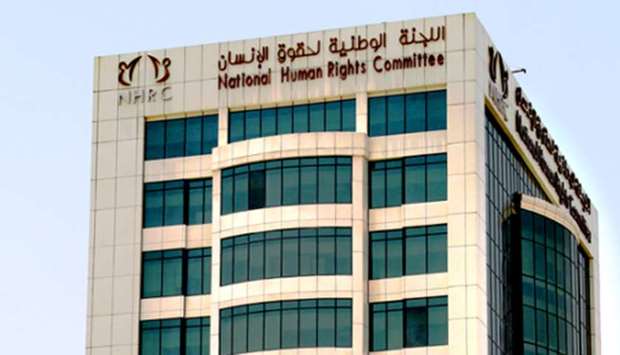The National Human Rights Committee (NHRC) has presented a proposal to consider the possibility of establishing a compensation commission within the framework of the United Nations General Assembly, whose decisions represent the authority of the international community.
In this context, the NHRC noted that the conditions referred to in the report of the Special Rapporteur on the negative effects of unilateral coercive measures for the establishment of specialized committees to compensate victims of coercive measures contain strict procedural rules which can only be guaranteed by the extension of decision-making power.
This came in the comments of the NHRC on the report of Special Rapporteur Idris El-Jazairy on the negative effects of unilateral coercive measures during the meetings of the Human Rights Council at its 36th session in Geneva.
In its comments on the recommendations and proposals contained in the report, the NHRC welcomed mechanisms to redress the victims of coercive measures and appreciated the considerable efforts made by the Special Rapporteur since taking office in May 2015.
It noted that those efforts culminated in the Special Rapporteur's most recent and detailed report containing proposals for the establishment of mechanisms for effective remedies for victims of unilateral coercive measures, as well as his proposals for the establishment of a United Nations Register of unilateral action and a declaration on unilateral coercive measures.
The NHRC affirmed its full agreement with the proposals and recommendations included in the report, considering unilateral coercive measures as a flagrant violation of human rights conventions, they directly affect political, civil, economic, social and cultural rights of individuals and groups and it is unacceptable to punish people under any pretext.
In the same context, the NHRC stressed that unilateral coercive measures by several nations against the State of Qatar affected a very wide range of human rights, including the right to residence, work, health, mobility, family reunification, property, education and others.
The NHRC called upon the Human Rights Council to assume its responsibility in this context, in accordance with General Assembly resolution 60/251, "that the Council takes the responsibility to promote universal respect for the protection of all human rights and fundamental freedoms for all without distinction of any kind and in a just and equitable manner".
It also called on the Council to activate the international mechanisms available or proposed to redress the harm caused by these coercive measures.

